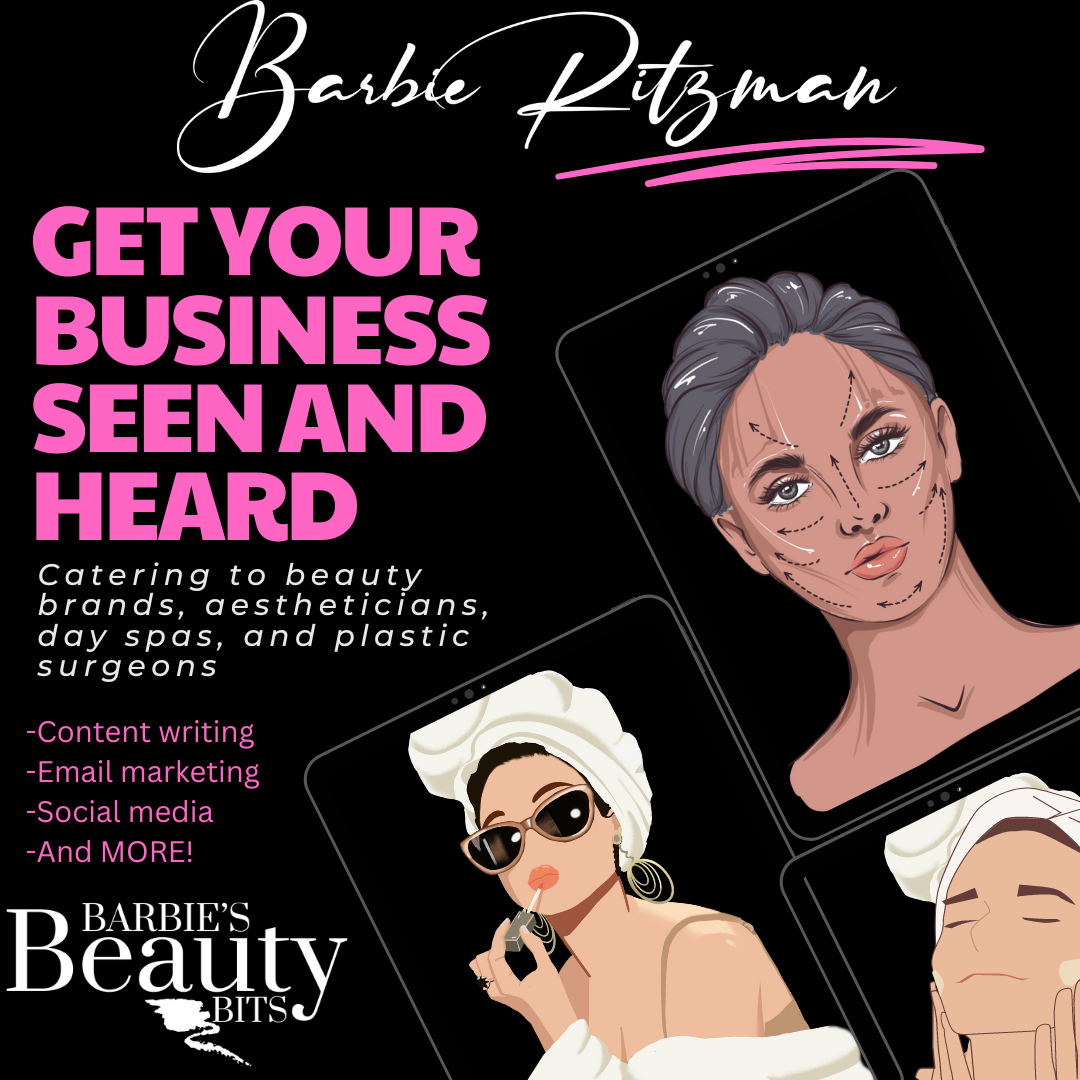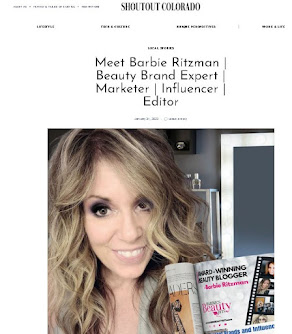How To Prevent Tooth Loss As You Age
Your smile is more than just a row of teeth; it reflects your confidence and overall health. For women, dental aesthetics often play a significant role in self-image. However, as we age, the risk of tooth loss increases, but with proper care and knowledge, you can maintain a healthy and beautiful smile for years to come.
Let's dive into understanding the common culprits behind tooth loss and explore practical steps to protect your teeth.
Common Causes Of Tooth Loss: Plaque, The Unwanted Guest
Before we discuss how to protect your pearly whites, let's talk about the real villain: plaque. I remember those movies I saw as a kid at the dental office, but the truth is adults need to be seeing this, too. (Hey, a new marketing campaign!), but we'll leave that for later.
But the truth is, this sticky, bacterial film is like that uninvited guest at a party who just won't leave. It's the number one culprit behind many dental problems, including tooth loss.
Periodontal Disease: A Gumsy Issue
Periodontal disease, or gum disease, can lead to tooth loss. It starts with plaque buildup, causing gingivitis—inflammation of the gums. If untreated, it progresses to periodontitis, where the gums and tooth-supporting bone deteriorate.
Tooth Decay: The Cavity Conundrum
Plaque is also the main culprit behind the risk of tooth decay. It produces acids that erode tooth enamel, creating cavities. If these aren't treated, they can lead to severe tooth damage and eventually loss.
Trauma: Unexpected Tooth Troubles
Accidents happen, and sometimes, teeth are in the wrong place at the wrong time. Sports injuries, falls, and other accidents can cause tooth damage or loss.
Now that you know the enemies, let's talk about how to protect your teeth.
Essential Oral Hygiene Practices
Let’s start with the basics when it comes to protecting your teeth and ensuring you’ve got good oral hygiene - if you can get these things right and under control, you stand a much better chance of not losing your teeth for as long as possible, which is the ultimate goal when it comes to oral health.
Firstly, you need to know how to brush and floss your teeth. Although that might seem like common sense because you already do it twice a day (at least), it could be that you’re not doing it quite right, and a few minor tweaks can make all the difference in helping to remove plaque and tartar.
Brushing Twice A Day
Remember to brush your teeth twice a day. It's a good habit to develop, but you can brush more frequently if needed. For example, if you have had a sugary snack or drink, taking a few minutes to brush your teeth can provide extra protection. Use a soft-bristled toothbrush and fluoride toothpaste.
Brush for at least two minutes and clean every surface of every tooth. If you're having trouble reaching every surface, try using a timer and brushing section by section to ensure thorough cleaning.
Floss Every Day
This makes me think of that meme: when the dental hygienist asks when the last time you flossed was, and you respond, “Well, when was the last time I was here?” In all seriousness, this is the case for a lot of people.
It’s crucial to floss every day to remove plaque and food particles from between your teeth. You might not even realize these things are there, as you won’t always be able to feel them. Flossing can save your teeth from damage that would otherwise go unnoticed.
Another great tool to add to your oral hygiene routine is a water pick. It’s especially helpful for reaching those hard-to-clean areas in the back of your mouth.
Unlike traditional floss, which primarily cleans the sides of your teeth, a Waterpik uses a pulsating stream of water to reach deep beneath the gumline. This targeted cleaning effectively removes plaque and food particles that often get missed with regular brushing and flossing.
After flossing, you should also consider adding antimicrobial mouth rinses to your daily routine. These specialized rinses are more effective than regular mouthwashes because they actively fight against harmful bacteria that cause plaque and gum disease. They can provide additional protection against tooth decay and periodontal issues when used regularly.
Regular Dental Check-Ups
Even if you’ve got your oral hygiene routine just right at home, it’s still worth making regular dental check-up appointments to ensure everything else is fine as well - it’s far better to be safe than sorry. It's essential to thoroughly research a dentist to ensure that you receive expert advice and friendly care to help you maintain healthy teeth.
Look for a clinic that offers a comprehensive range of services, uses modern technology, and has a reputation for exceptional patient care. A clinic like SmileCare Dental could be just what you're looking for. They provide a wide array of dental services, from routine check-ups to more specialized treatments, all delivered with a focus on patient comfort and satisfaction.
Visiting your dentist regularly for check-ups (ideally every six months) are crucial for maintaining oral health. Professional cleanings complement your at-home routine, as dentists have specialized tools and expertise. Additionally, regular visits allow dentists to identify and address potential issues early, potentially preventing more severe problems and tooth loss.
While many worry about the cost of dental care, especially without insurance, affordable dental options exist. Don't let financial concerns deter you from seeking professional dental care.
Advanced Techniques For Preventing Tooth Loss
For those particularly concerned about tooth loss, some advanced techniques are available that, while more time-consuming and potentially costly, can provide enhanced protection and peace of mind.
Dental sealants are protective barriers applied to teeth' chewing surfaces to prevent plaque and bacteria from adhering. This extra defense layer can significantly reduce the risk of decay in vulnerable areas.
Custom-fitted night guards benefit individuals who grind or clench their teeth while asleep, a condition known as bruxism. Night guards protect teeth from excessive wear and tear as well as potential fractures, which can lead to tooth loss over time. They also help alleviate jaw pain and headaches associated with teeth grinding.
Consulting with your dentist can help determine if these advanced preventive techniques are right for you, ensuring a comprehensive approach to preserving your teeth and gums.
Healthy Lifestyle To Prevent Tooth Loss
Finally, you can do other things in your daily life that will help you keep your teeth nice and protected. First, limit sugary snacks, drinks, and acidic food, as that can all negatively impact your teeth. It’s also a good idea in general to have a balanced diet because then you’ll be getting all the nutrients you need for your teeth to be naturally strong, like calcium, for example.
Plus, if you’re worried about your teeth and you smoke, it’s time to quit (and the same goes for chewing tobacco). Smoking is a major risk factor for gum disease and tooth loss, as well as a wide range of oral health problems and other health issues, so quitting, even if it’s hard, is sure to have a positive outcome in the end.
How To Prevent Tooth Loss As You Age Your smile is more than just a row of teeth; it reflects your confidence and overall health. For women...













I always do my best to keep this from happening. I don't want to ever lose any of my teeth, even though I know it can still happen.
ReplyDeleteI'm constantly worried about this issue. I have to work at keeping my teeth clean as they are so close together and visit the dentist regularly
ReplyDelete
ReplyDeleteGreat tips! Adding a focus on diet and hydration could further boost oral health and prevent tooth loss. Thanks!
Unfortunately, my teeth are in not so good condition. I take meds that dry out my mouth at night and it has wrecked havoc in my mouth. At this point, I’d probably be better off pulling them and getting dentures.
ReplyDelete